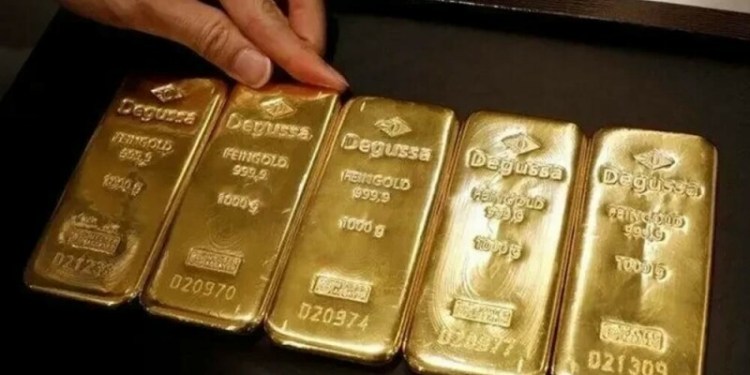NEW YORK: The dollar weakened to an eight-week low against the Japanese yen on Tuesday after U.S. President Donald Trump criticized the chairman of the Federal Reserve for raising interest rates.
Trump told Reuters in an interview on Monday that he was “not thrilled” with Jerome Powell’s rate hikes and said the U.S. central bank should do more to help him to boost the economy.
U.S. presidents rarely criticize the Fed, whose independence is considered essential to economic stability. Trump has, however, made reducing U.S. trade deficits a priority, and the combination of rising interest rates and a strengthening dollar poses risks for export growth.
“It would appear that Mr. Trump would like to keep the U.S. dollar a little on the weak side in order to remain competitive,” said CMC Markets chief markets analyst David Madden.
That task may prove difficult. “Pushing the dollar down for long could be a tough task with safer bets in vogue on worries about trade wars and Turkey’s economic crisis,” said analysts at Western Union Business Solutions.
Escalating trade tensions between the United States and its trading partners as well as a plunge in the Turkish lira have strengthened the dollar, as the market seeks out less risky investments in times of geopolitical turmoil.
The greenback weakened on Tuesday as investors turned to other traditional flight-to-quality investments, the Japanese yen and the Swiss franc.
The dollar fell to 109.76 Japanese yen, its lowest since June 27. Against the Swiss franc, the dollar weakened to its lowest since July 9, last at 0.987.
The dollar index, a measure of the greenback’s strength against a basket of six other currencies, fell 0.22 percent to 95.535 after touching 95.440, its lowest since Aug. 9.
Traders are also preparing for the release of Federal Reserve policy meeting minutes on Wednesday and the annual Jackson Hole symposium for insights into the direction of U.S. monetary policy.
Against the U.S. currency, the euro strengthened 0.4 percent to a daily high of $1.154.
Concerns that a currency crisis in Turkey would hurt euro zone banks and uncertainty about the Italian government’s planned budget have weighed on the euro recently.
The Australian dollar was 0.41 percent higher at $0.737, after Prime Minster Malcolm Turnbull survived a leadership vote by a narrow margin.
Source: Brecorder
























